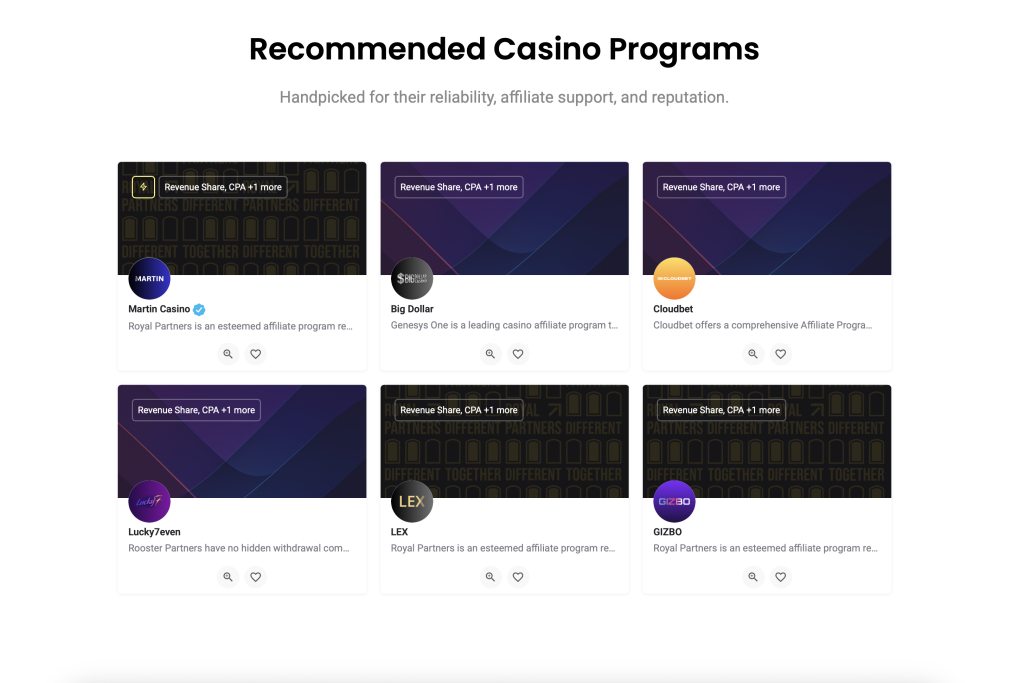Harnessing Blockchain in iGaming: A New Era of Transparent Betting

Blockchain and iGaming: The Potential for Transparent Betting
Blockchain, often associated with cryptocurrencies like Bitcoin, has been making waves across various industries, and iGaming is no exception. At its core, blockchain provides a decentralized ledger of transactions that is transparent, tamper-proof, and verifiable by any participant in the network. These intrinsic qualities have positioned blockchain as a game-changer for iGaming, promising an era of transparent betting.
Why Blockchain is a Perfect Match for iGaming
- Transparency: Blockchain’s decentralized ledger means that every transaction, whether it’s a bet, win, or loss, is recorded and can be verified by anyone. This level of transparency is a significant advantage for players who often express concerns about the fairness of online gaming platforms.
- Security: Blockchain’s cryptographic nature ensures that once a transaction is added to the ledger, it cannot be altered, guaranteeing the security of players’ funds and game outcomes.
- Trustworthiness: With the advent of blockchain, the phrase “provably fair” has become a buzzword in iGaming. Games built on blockchain technology can prove without a doubt that their outcomes are fair, using algorithms that players can verify independently.
- Lower Costs: Traditional online casinos and betting platforms rely on intermediaries for payment processing, leading to fees and delays. Blockchain can streamline this process, reducing costs and improving user experience.
Real-World Applications of Blockchain in iGaming
- Smart Contracts: These are self-executing contracts where the terms of agreement are written directly into lines of code. In iGaming, this can automate the payout process. When certain conditions are met, such as a player winning a bet, the smart contract triggers the payout, ensuring prompt and accurate rewards.
- Decentralized Casinos: Entirely built on blockchain technology, these platforms offer games that are transparent, verifiable, and operate without intermediaries. Every game result, bet, and outcome is recorded on the blockchain, ensuring utmost fairness.
- Token-based Betting: Players can use cryptocurrency tokens to place bets. These tokens have the advantage of being secure, globally accessible, and free from traditional banking constraints.
- Identity Verification: Blockchain can streamline the often tedious process of user verification. Players can securely and privately verify their identity, ensuring they meet a platform’s legal and age requirements without sharing unnecessary personal details.
Challenges and Considerations
While blockchain presents numerous advantages, it’s essential to note potential challenges:
- Regulation: The marriage of iGaming and blockchain enters a regulatory gray area in many jurisdictions. Operators need to be aware of and compliant with regional laws.
- Adoption Barriers: Not everyone is familiar with or trusts blockchain and cryptocurrencies. Educating potential users will be essential.
- Volatility: Cryptocurrencies are notoriously volatile. This can introduce an additional element of risk for players and operators alike.
Concluding Insights
Blockchain’s infusion into the iGaming realm has the potential to address some long-standing concerns about transparency, fairness, and trust. As the technology matures and gains more acceptance, it’s poised to redefine the rules of the game, offering players and operators alike a transparent and secure betting experience. While challenges remain, the future of iGaming seems intrinsically linked with blockchain, heralding a new era of innovation and trust in the industry.
Comments
You must be logged in to leave a review.


